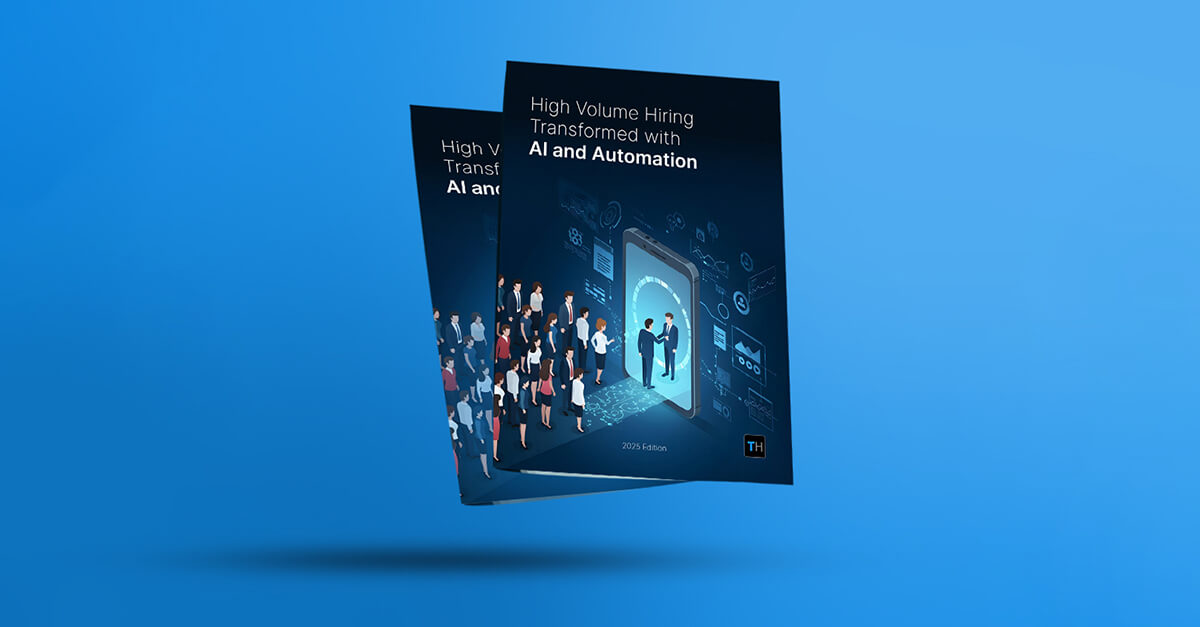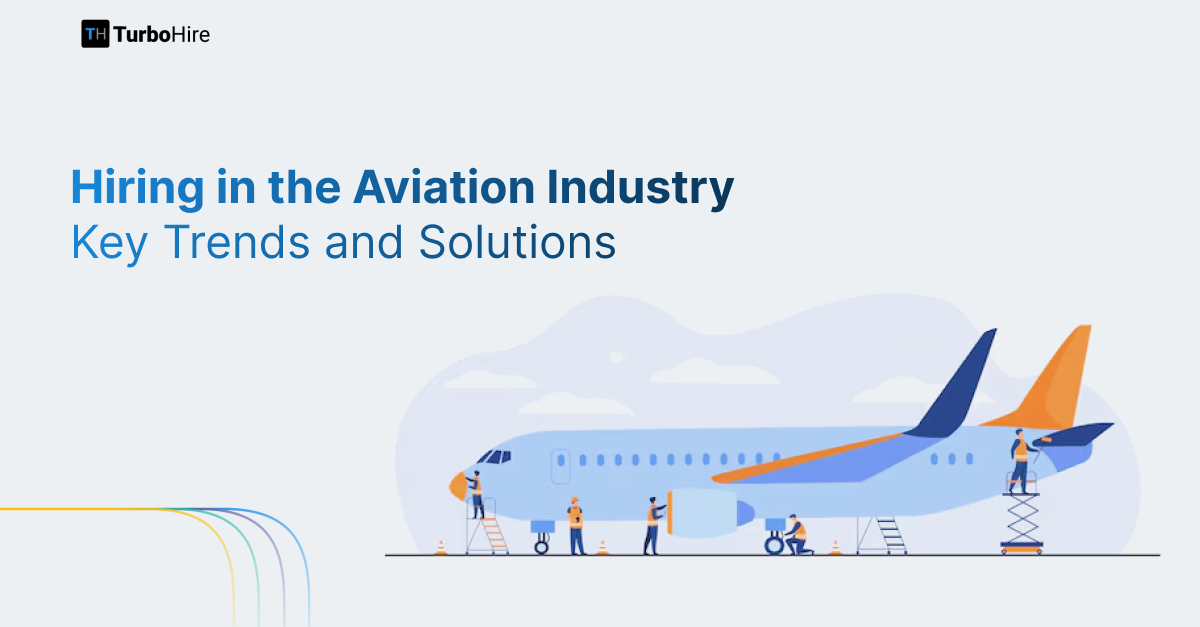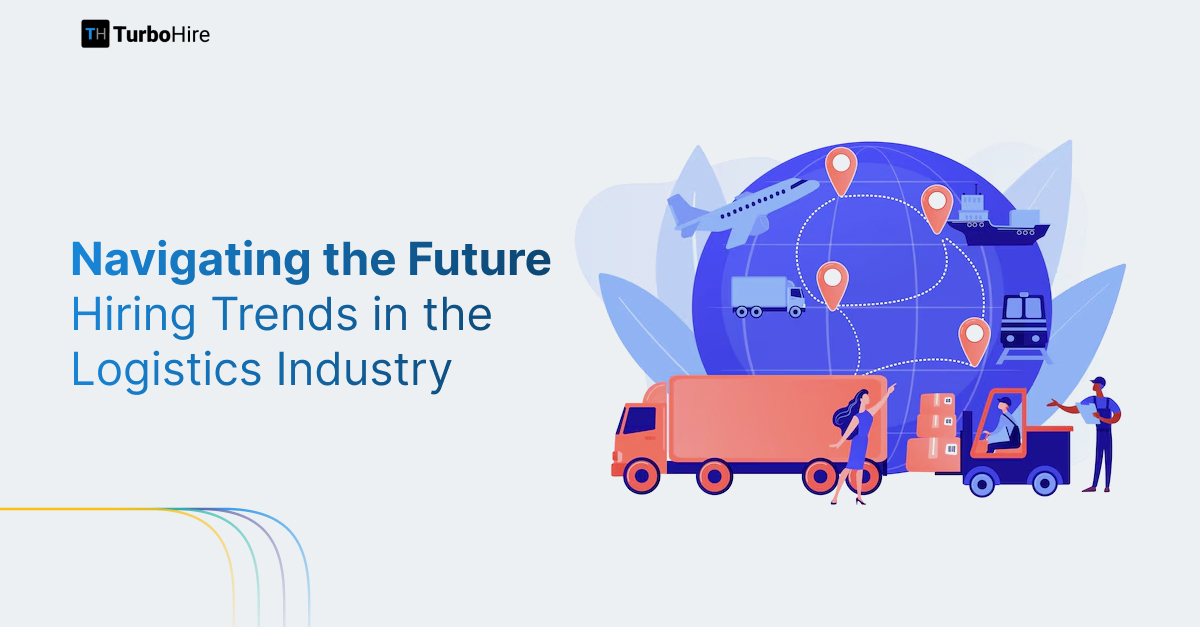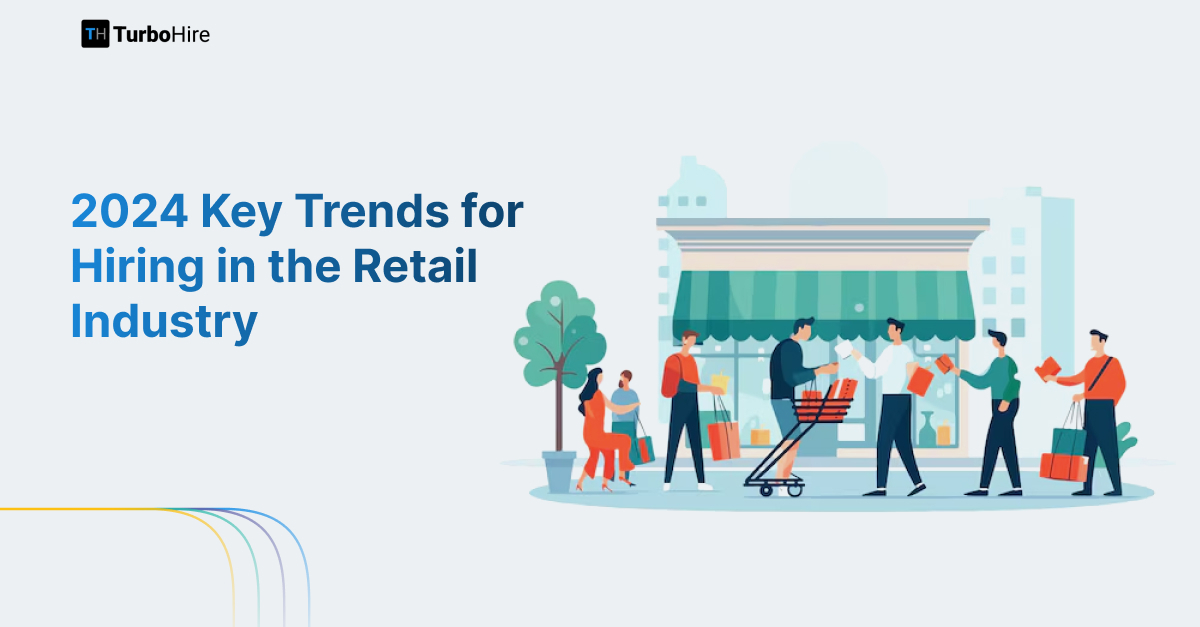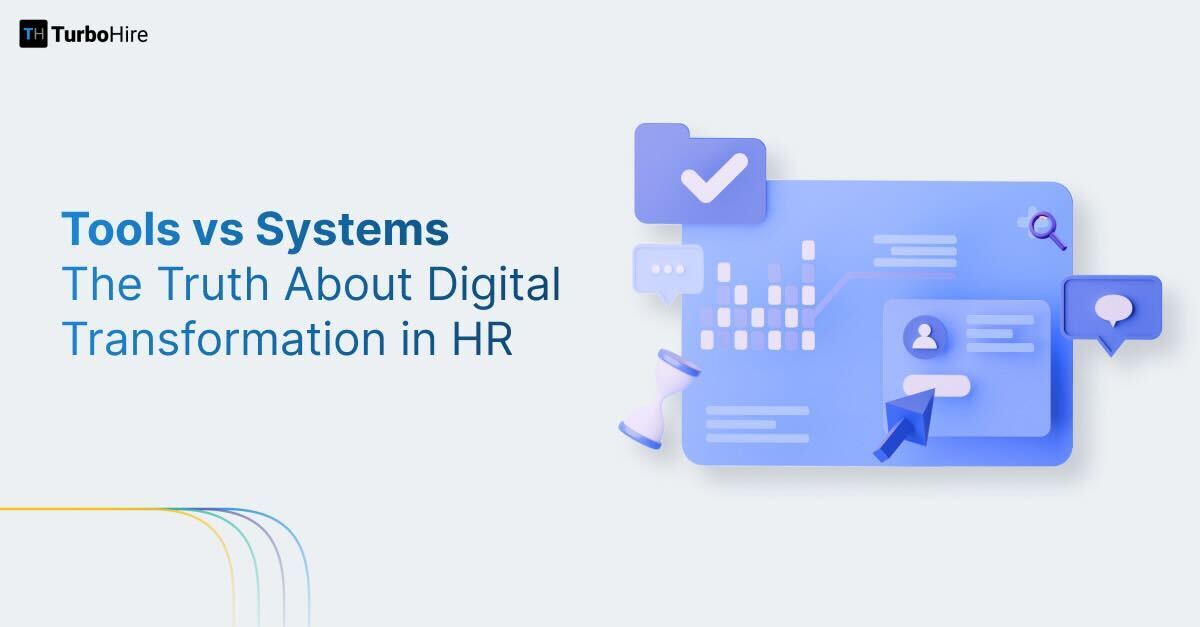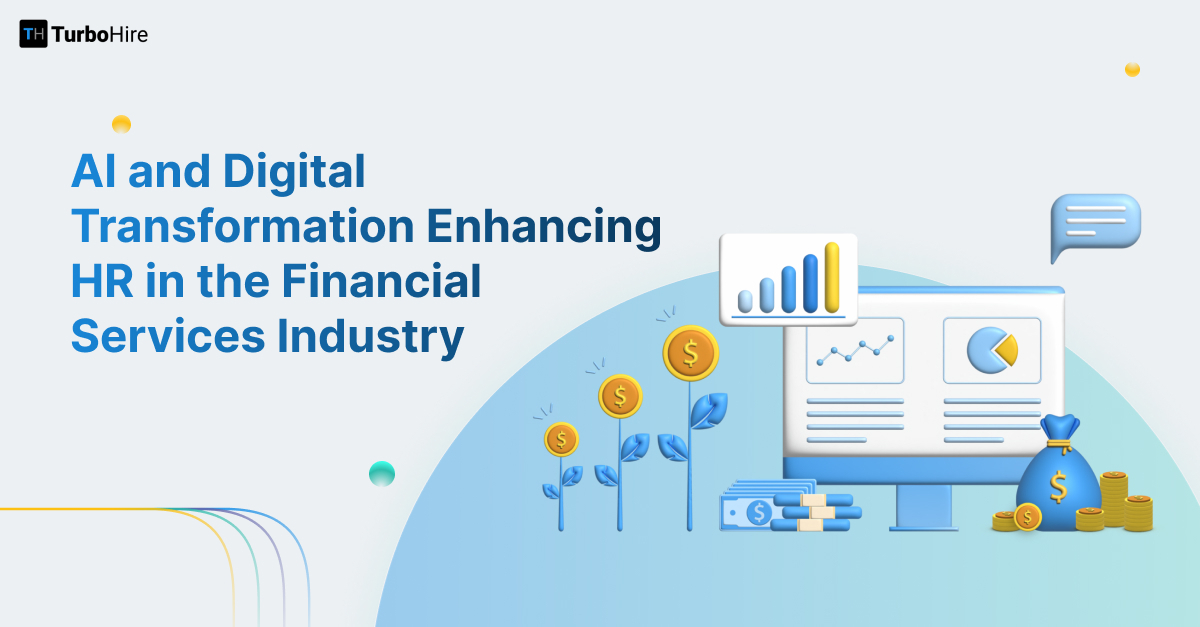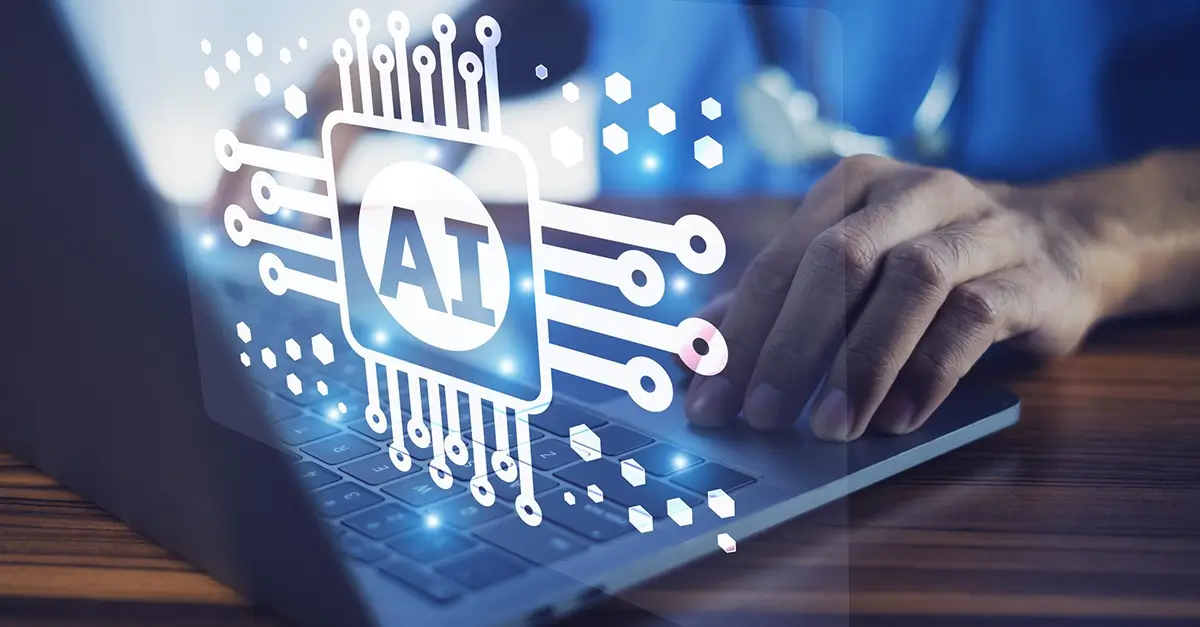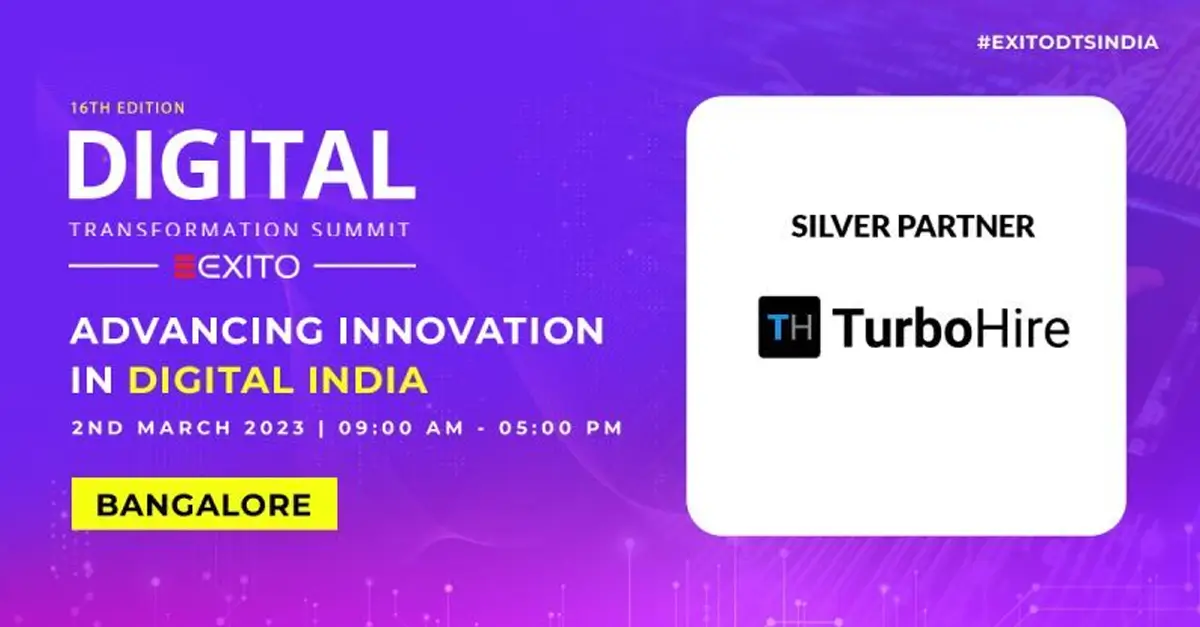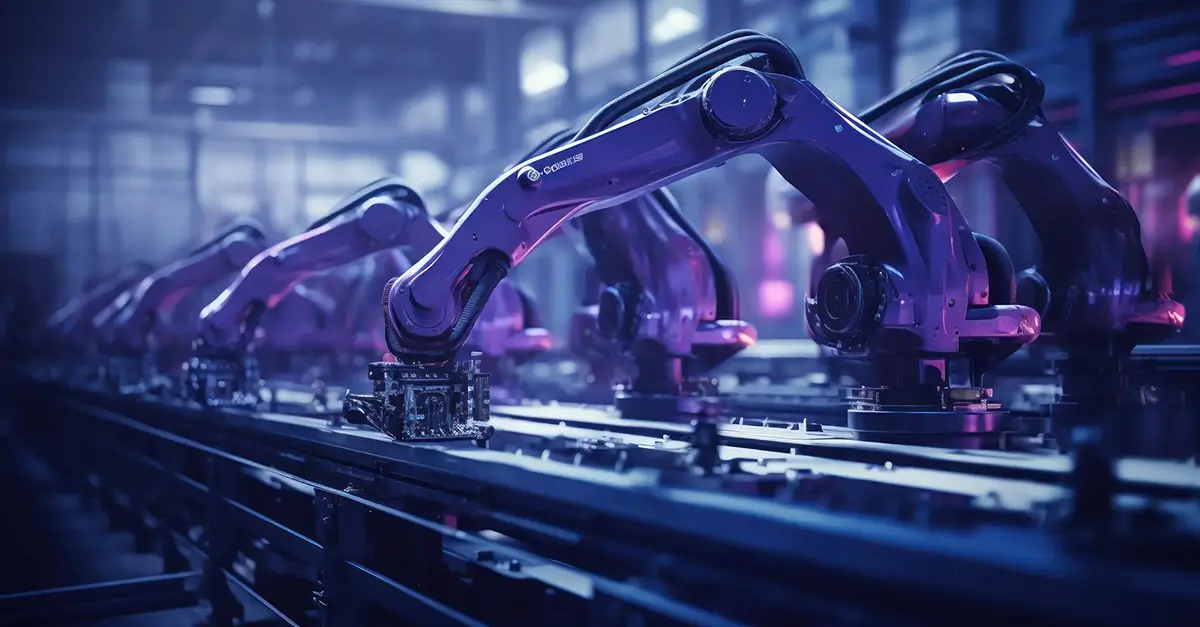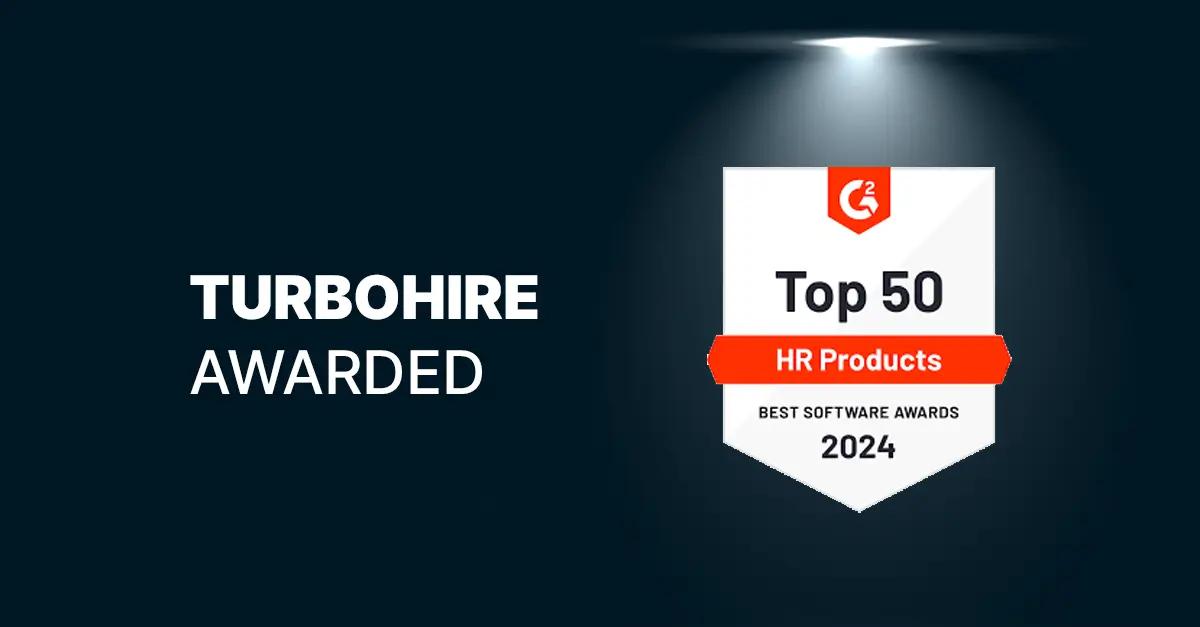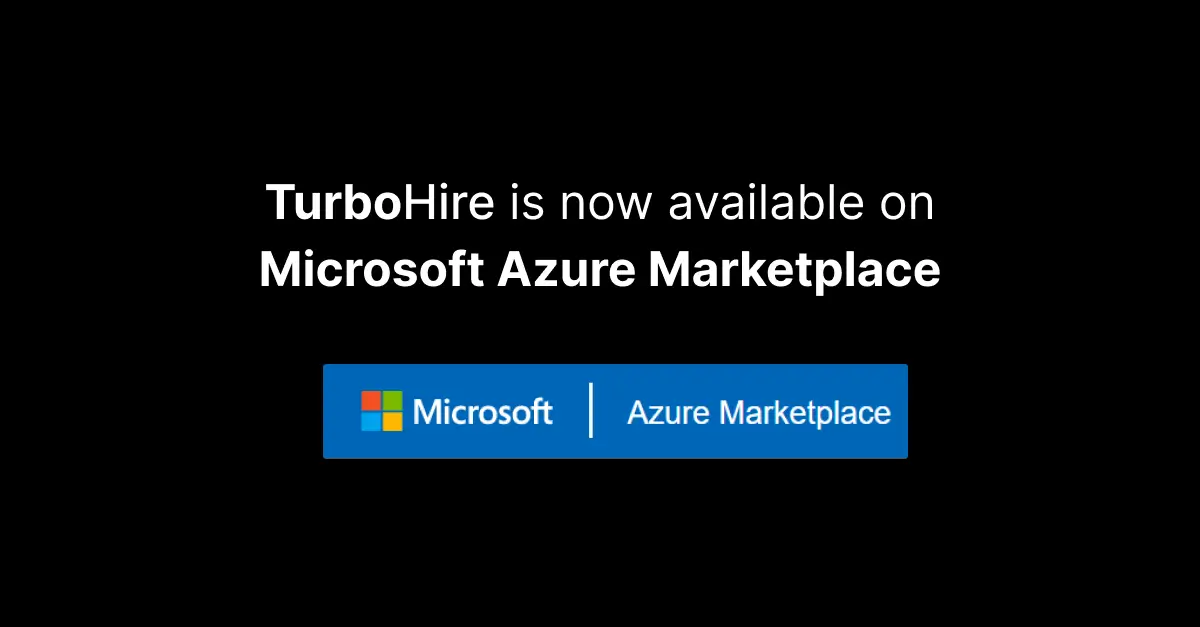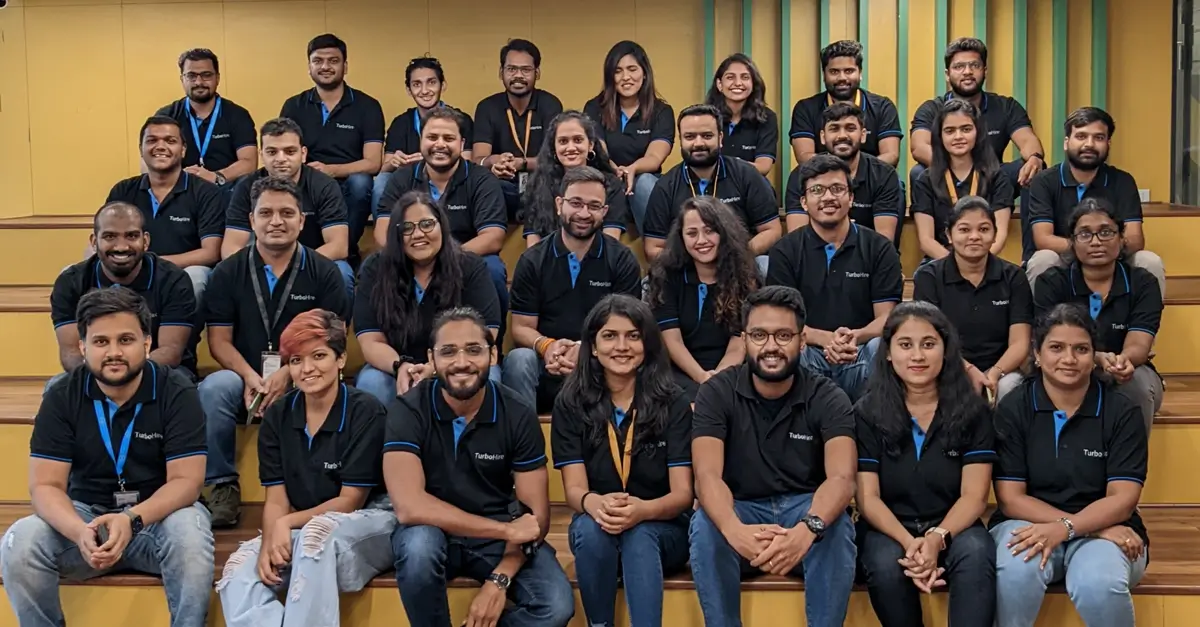Introduction
The Fast-Moving Consumer Goods (FMCG) industry encompasses a wide range of products that are sold quickly and at relatively low cost. These goods include essential items such as food and beverages, personal care products, household products, and over-the-counter medicines. The FMCG sector is characterised by high volume sales and rapid consumption rates, making it one of the most dynamic and competitive industries globally. Major players in the FMCG market include multinational corporations like Unilever, Procter & Gamble, Nestlé, and Coca-Cola, as well as numerous regional and local companies. The sheer scale and pace of the FMCG industry necessitate efficient production processes, robust supply chains, and innovative marketing strategies to keep up with ever-changing consumer preferences and market demands.
Key FMCG Industry Trends in 2024
- Sustainability and Eco-Friendly Products: Rising conscious consumerism is driving consumer demand for sustainable products, resulting in FMCG companies to adopt green practices like recyclable packaging and sustainable sourcing.
- Digital Transformation: FMCG companies are leveraging digital technologies, such as e-commerce, AI, and big data analytics, to enhance forecasting, supply chain efficiency, revenue, and customer experience.
- Health and Wellness: There’s a growing preference for health-promoting products. FMCG brands are developing organic foods, low-sugar beverages, and natural personal care items.
- Personalisation: Using data analytics, FMCG companies are creating personalised products and marketing campaigns to meet individual consumer needs.
- E-commerce Growth: The shift towards online shopping is accelerating. FMCG companies are expanding their online presence and digital marketing strategies.
- Supply Chain Resilience: In response to global disruptions, FMCG companies are building resilient supply chains through diverse suppliers and advanced logistics technologies.
Understanding these trends is crucial for staying competitive in the FMCG sector. For business operations, trends like digital transformation and supply chain resilience lead to greater efficiency and cost savings. And for HR and Talent Acquisition (TA) strategies, recognising trends helps attract top talent that helps the business achieve those goals. Sustainability initiatives appeal to eco-conscious employees, while digital transformation attracts tech-savvy professionals. A focus on health and wellness promotes a positive workplace culture, enhancing employee well-being and productivity. Aligning HR and TA strategies with industry trends ensures FMCG companies have the right talent to drive innovation and growth. Workforce planning and strategic hiring are essential as companies seek to build teams that can handle the demands of a rapidly evolving industry. By understanding and leveraging these trends, FMCG companies can foster a resilient and agile workforce capable of navigating future challenges and seizing new opportunities.
Digital Transformation in the FMCG Industry
Digital transformation in the FMCG industry involves integrating digital technologies into all aspects of business operations. This transformation encompasses e-commerce platforms, artificial intelligence, big data analytics, and digital marketing. The goal is to improve supply chain efficiency, enhance customer experiences, and drive sales growth. As consumers increasingly shop online and demand personalised products, FMCG companies must adapt by leveraging digital tools and strategies. This shift not only streamlines operations but also provides valuable insights into consumer behavior, enabling companies to make data-driven decisions and stay competitive in a fast-paced market.
New Skills and Competencies Required Across the Workforce
As the FMCG industry undergoes digital transformation, the demand for new skills and competencies across the workforce increases. Employees must adapt to the changing landscape by acquiring the following skills:
Digital Literacy: Understanding and utilising digital tools and platforms are essential for all employees. This includes familiarity with e-commerce platforms, digital marketing tools, and data analytics software.
Data Analytics: Proficiency in data analysis is crucial for interpreting consumer data and making informed decisions. Employees must be able to analyse trends, track performance metrics, and derive actionable insights.
Technical Skills: Knowledge of emerging technologies such as artificial intelligence, machine learning, and automation is increasingly important. Employees need to understand how to implement and optimise these technologies in their roles.
Adaptability: The ability to quickly adapt to new technologies and processes is vital in a rapidly evolving digital landscape. This includes being open to continuous learning and upskilling.
Customer-Centricity: With the emphasis on personalised consumer experiences, employees must develop a customer-centric approach. This involves understanding consumer needs and preferences to deliver tailored products and services.
Technologies for HR to Drive Transformational Change
To support the digital transformation in the FMCG industry, HR departments must adopt advanced technologies that streamline recruitment, onboarding, and employee management processes. Key technologies include:
AI-Based Hiring Platforms: These platforms ensure that everyone, from candidates to leadership, receives personalised and engaging experiences. They can source and screen candidates with high accuracy, offer tailored career development paths, feedback mechanisms, and continuous learning opportunities, fostering a cohesive and supportive work environment.
Online Onboarding Processes: Implementing digital onboarding solutions facilitates a seamless integration of new hires into the organisation. These solutions provide interactive training modules, virtual orientation sessions, and digital documentation, enhancing the onboarding experience.
HR Management Systems: Adopting comprehensive HR management systems (HRMS) helps streamline HR operations, including payroll processing, performance management, and employee engagement. These systems provide real-time data and analytics, enabling HR teams to make informed decisions and improve overall efficiency.
By embracing these technologies, HR departments can effectively support the digital transformation efforts of FMCG companies. This not only enhances HR processes but also ensures that the organisation has the right talent to drive innovation and growth in a digital-first world.
AI and Automation for the Right FMCG Talent
The FMCG industry is characterised by its rapid pace, high volume of sales, and competitive landscape. To keep up with these demands, FMCG companies are increasingly turning to artificial intelligence (AI) and automation to transform their hiring processes. These advanced technologies can streamline recruitment, improve candidate experience, and enhance overall efficiency. Here’s how AI and automation can revolutionise hiring in the FMCG sector:
- Enhanced Candidate Sourcing: AI-powered tools can scan a vast array of online sources, including job boards, social media platforms, and professional networks, to identify potential candidates. By leveraging algorithms and machine learning, these tools can match job descriptions with candidate profiles more accurately than traditional methods. This not only broadens the talent pool but also ensures that recruiters spend their time on the most promising candidates.
- Efficient Screening and Shortlisting: Automated screening tools can analyse resumes and applications at a speed and accuracy level that is unattainable through manual review. AI systems can evaluate qualifications, experience, and skills, automatically filtering out unqualified candidates and highlighting those who best fit the job requirements. This significantly reduces the time and effort needed to shortlist candidates, allowing recruiters to focus on higher-value tasks.
- Improved Candidate Matching: AI can assess candidates based on various factors such as skills, experience, and cultural fit. Advanced algorithms can predict a candidate’s potential performance and likelihood of success within the company. This data-driven approach ensures a better match between the candidate and the job role, leading to higher job satisfaction and retention rates.
- Automated Interview Scheduling: Scheduling interviews can be a time-consuming process, often involving back-and-forth communication between recruiters and candidates. AI-powered scheduling tools can automate this process by syncing calendars, sending reminders, and rescheduling if conflicts arise. This ensures a smoother and more efficient interview process, enhancing the candidate experience.
- AI-Powered Assessments: AI-driven assessment tools can evaluate candidates’ skills and abilities through online tests and simulations. These assessments can measure technical skills, cognitive abilities, and even personality traits. By using AI to analyse the results, recruiters can gain deeper insights into a candidate’s suitability for the role, leading to more informed hiring decisions.
- Enhanced Candidate Experience: AI chatbots and virtual assistants can provide candidates with real-time responses to their queries, guide them through the application process, and keep them informed about their application status. This continuous engagement improves the candidate experience, making them feel valued and well-informed throughout the hiring process.
- Data-Driven Insights: AI and automation generate a wealth of data that can be analysed to improve the hiring process. HR teams can gain insights into the effectiveness of different recruitment channels, the efficiency of their hiring processes, and the quality of their hires. These data-driven insights can help refine recruitment strategies and achieve better outcomes.
- Bias Reduction: AI can help mitigate unconscious bias in the hiring process. By focusing on objective criteria and data-driven assessments, AI can reduce the influence of human biases related to gender, ethnicity, or background. This leads to a more diverse and inclusive workforce, which is beneficial for fostering innovation and creativity in the FMCG industry.
Primary Hiring challenges
The FMCG industry faces a unique set of hiring challenges due to its dynamic nature and high demands. From high turnover rates to skills shortages in key positions, FMCG companies must navigate these obstacles to attract and retain top talent. Additionally, the necessity to implement more efficient technological solutions in their recruitment processes is becoming increasingly critical. Here’s an in-depth look at these primary hiring challenges:
- High Turnover Rates One of the most significant challenges in the FMCG industry is high employee turnover. Several factors contribute to this issue, including:
- Intense Work Environment: The fast-paced nature of the FMCG sector often leads to high-pressure environments, which can result in employee burnout and frequent job changes.
- Seasonal Employment: Many FMCG companies rely on seasonal workers to meet fluctuating demand. This temporary workforce often leads to higher turnover rates as employees seek more stable opportunities.
- Career Advancement: Employees may leave for better career growth prospects in other industries. The FMCG sector must provide clear career paths and professional development opportunities to retain talent.
High turnover rates not only increase recruitment costs but also disrupt operations and affect overall productivity.
- Shortages of Skills in Key Positions: Another pressing challenge is the shortage of skills in critical areas. The FMCG industry requires a diverse range of skills, from manufacturing and supply chain management to marketing and sales. Key areas experiencing skill shortages include:
- Digital and Technological Expertise: As the FMCG industry embraces digital transformation, there is a growing demand for professionals skilled in e-commerce, data analytics, and digital marketing. The rapid pace of technological change often outstrips the availability of qualified candidates.
- Supply Chain Management: Efficient supply chain operations are crucial for FMCG companies. However, finding experienced supply chain managers who can navigate complex logistics and optimise processes is challenging.
- Innovation and Product Development: The FMCG sector thrives on innovation. Companies need creative professionals who can develop new products and adapt to changing consumer preferences. A shortage of such talent can hinder growth and competitiveness.
- Necessity to Implement More Efficient Technological Solutions: The FMCG industry must leverage advanced technological solutions to streamline their recruitment processes and address the aforementioned challenges. Key areas where technology can play a pivotal role include:
- AI and Automation: Implementing AI-driven recruitment tools can enhance candidate sourcing, screening, and selection processes. Automation can reduce the time and effort required for repetitive tasks, allowing recruiters to focus on strategic activities.
- Data Analytics: Utilising data analytics in recruitment can provide insights into hiring trends, candidate behaviors, and process efficiencies. This data-driven approach enables more informed decision-making and improves the effectiveness of recruitment strategies.
- Digital Onboarding: Digital onboarding solutions can create a seamless and engaging experience for new hires. Interactive training modules, virtual orientation sessions, and automated paperwork processes can enhance the onboarding experience and reduce the time it takes for new employees to become productive.
- Employee Engagement Platforms: Implementing platforms that facilitate continuous feedback, career development, and employee recognition can improve job satisfaction and retention. These platforms can help create a supportive work environment that addresses employee needs and promotes long-term engagement.
Addressing the primary hiring challenges in the FMCG industry requires a multifaceted approach. Companies must tackle high turnover rates by creating supportive work environments and clear career advancement opportunities. Addressing skills shortages involves investing in training and development programs to upskill existing employees and attract new talent. Finally, adopting efficient technological solutions in recruitment processes can streamline operations, enhance candidate experiences, and ultimately improve retention rates. By addressing these challenges head-on, FMCG companies can build a resilient and capable workforce ready to meet the demands of a rapidly evolving industry.
Impact of Key Trends on HR and TA Strategies
The evolving landscape of the FMCG industry, driven by digital transformation, personalisation, and the adoption of AI and automation, significantly impacts HR and Talent Acquisition (TA) strategies. Here’s how these trends are reshaping HR practices and the competencies required to meet the changing needs of the industry.
Integrating Digital Transformation
Utilising Digital Tools for Efficient Talent Acquisition: Digital transformation enables HR departments to leverage various digital tools that streamline the talent acquisition process. These tools include AI-driven recruitment software and digital assessment platforms. By automating routine tasks such as resume screening, interview scheduling, and candidate communication, HR teams can focus on strategic activities like building relationships and improving the overall candidate experience.
Enhancing Employee Experience Through Digital HR Services: Digital HR services, such as self-service portals, mobile apps, and online training platforms, enhance the employee experience by providing easy access to HR resources and services. Employees can manage their benefits, access payroll information, and participate in learning and development programs from any location, fostering a more flexible and engaging work environment.
Adopting AI and Automation
Implementing AI in Recruitment for Better Candidate Matching: AI-powered recruitment tools enhance the accuracy and efficiency of candidate matching. These tools analyse vast amounts of data to identify candidates who best fit the job requirements and company culture. AI can assess resumes, social media profiles, and other digital footprints to predict candidate success, ensuring a more precise and unbiased selection process.
Using Automation to Reduce Administrative Burden and Improve HR Efficiency: Automation technologies streamline HR administrative tasks, such as processing leave requests, managing employee records, and generating reports. By automating these repetitive tasks, HR teams can reduce administrative burdens and focus on strategic initiatives that drive organisational growth. Automation also ensures compliance and accuracy, reducing the risk of errors in HR processes.
TurboHire: AI-Powered Hiring Solutions for the FMCG Industry
TurboHire leverages AI to revolutionise hiring processes, providing FMCG companies with advanced tools to optimise their talent acquisition strategies. By automating resume screening and candidate matching, TurboHire helps FMCG firms quickly and efficiently identify top talent, giving them a competitive edge in the market.
Enhancing Hiring with TurboHire
TurboHire’s comprehensive platform transforms the recruitment process, offering a seamless candidate experience with real-time feedback that fosters engagement and positivity. For recruiters, AI-powered tools enable efficient screening and matching of candidates to suitable roles, significantly reducing time-to-hire and improving the quality of hires.
Benefits for all stakeholders involved in hiring
- Recruiters Efficiently screen and match candidates using AI-powered tools, reducing time-to-hire and improving the quality of hires.
- Candidates Login-less whatsapp-bot based hiring with timely updates from the recruiters enhances overall employer branding.
- Interviewers Utilise scheduling tools and structured guides to ensure consistent and effective evaluations.
- Approvers Manage job requisitions and approvals across multiple channels and devices, ensuring compliance with budgetary and organisational guidelines.
- Leadership Gain access to real-time data through actionable alerts and dashboards, enabling informed decision-making that enhances overall business operations.
By integrating TurboHire’s AI-powered recruitment platform, FMCG companies can streamline their hiring processes, improve candidate experiences, and make data-driven decisions that support business growth and operational efficiency.
Britannia Use Case: TurboHire's Impact
- Optimised Utilisation of Candidate Database:
Britannia maximises the use of their candidate database through AI, ensuring that no potential talent is overlooked. - Improved Candidate Screening and Sourcing:
AI-powered tools enhance the accuracy and efficiency of screening and sourcing candidates, leading to better hiring decisions. - Increased Candidate Engagement:
Utilising emails and WhatsApp messages, Britannia has significantly boosted candidate engagement, ensuring timely and effective communication. - Streamlined Information Collection:
The process of collecting candidate information has been simplified, making it easier to gather and manage data. - Enhanced Stakeholder Experience:
TurboHire’s platform has improved the overall experience for all stakeholders involved in the recruitment process, from candidates to hiring managers.
TurboHire’s AI-driven solutions provide significant benefits to FMCG companies, as demonstrated by Britannia’s success. By optimising the utilisation of candidate databases, improving screening and sourcing processes, and enhancing candidate engagement, TurboHire helps FMCG firms streamline their recruitment operations. Additionally, the platform’s ability to provide real-time data and actionable insights empowers leadership to make informed decisions, driving business growth and efficiency.
Conclusion
The FMCG industry is undergoing significant transformation, driven by several key trends. Digital transformation is reshaping business operations and consumer interactions through the adoption of advanced technologies like AI, big data analytics, and e-commerce platforms. Sustainability is becoming a critical focus as consumers demand eco-friendly and ethically produced goods. Personalisation is enhancing consumer experiences by offering tailored products and marketing strategies. Additionally, the rise of e-commerce and the need for supply chain resilience are pushing FMCG companies to innovate and adapt rapidly.
These industry trends profoundly impact HR and Talent Acquisition (TA) strategies within the FMCG sector. Integrating digital transformation involves utilising digital tools for efficient talent acquisition and enhancing the employee experience through digital HR services. Embracing personalisation requires crafting individualised career paths and leveraging data for tailored employee engagement initiatives. The adoption of AI and automation streamlines recruitment processes, improves candidate matching, and reduces administrative burdens, ultimately increasing HR efficiency. New skills and competencies are essential across the workforce to meet evolving industry needs, and advanced HR technologies support and enable these transformations.
The future of the FMCG industry hinges on its ability to adapt to these transformative trends. HR and TA strategies must evolve in parallel, leveraging advanced technologies and data-driven insights to attract, retain, and develop top talent. Companies like TurboHire play a crucial role in this evolution, providing AI-powered recruitment solutions that enhance efficiency, engagement, and decision-making. As the industry continues to innovate, aligning HR and TA strategies with broader business goals will be vital. By doing so, FMCG companies can build a resilient, agile workforce ready to navigate future challenges and seize new opportunities, ensuring sustained growth and competitive advantage in a dynamic market.


